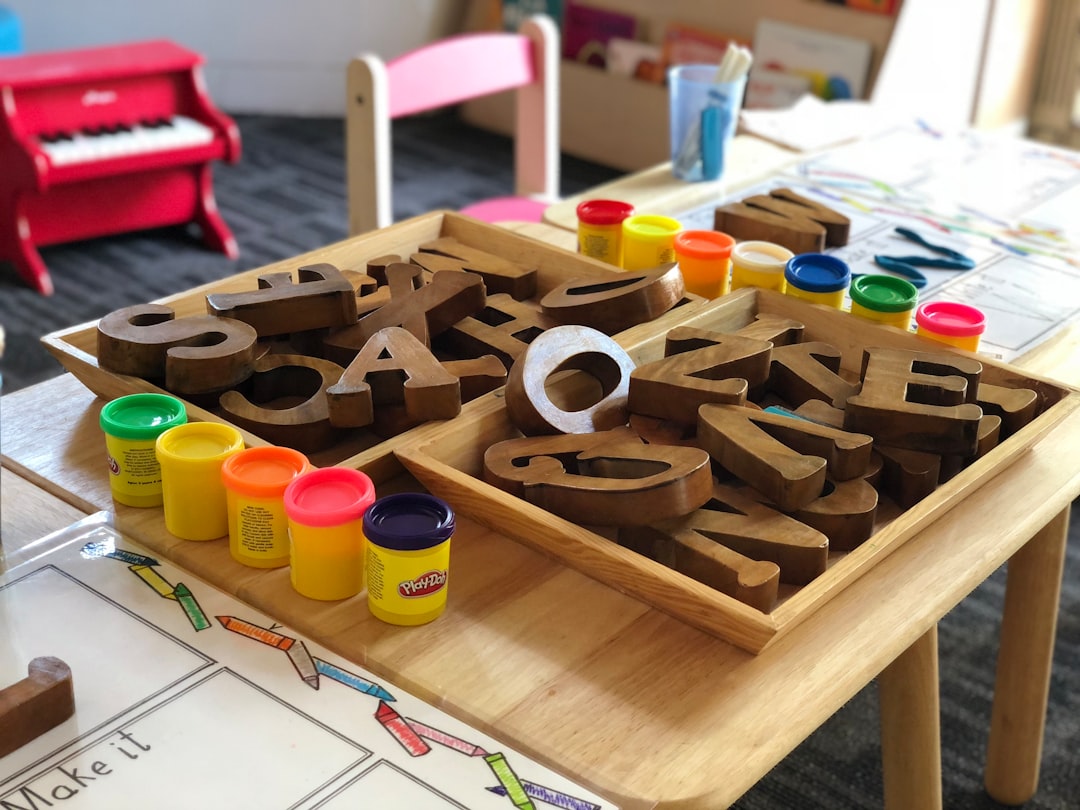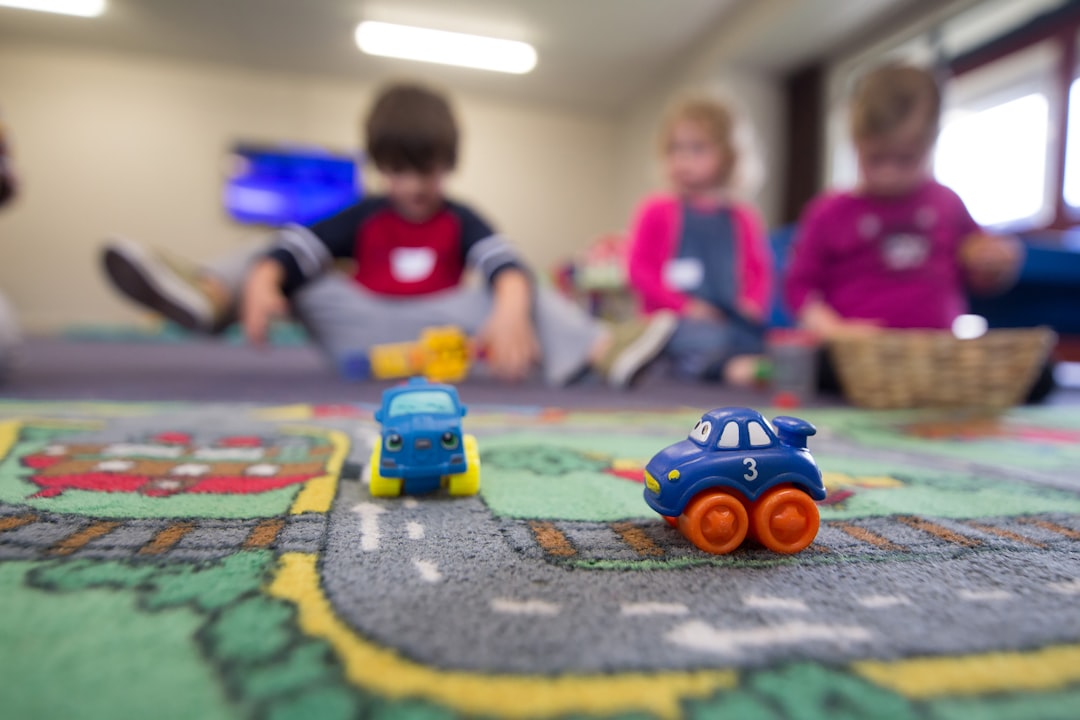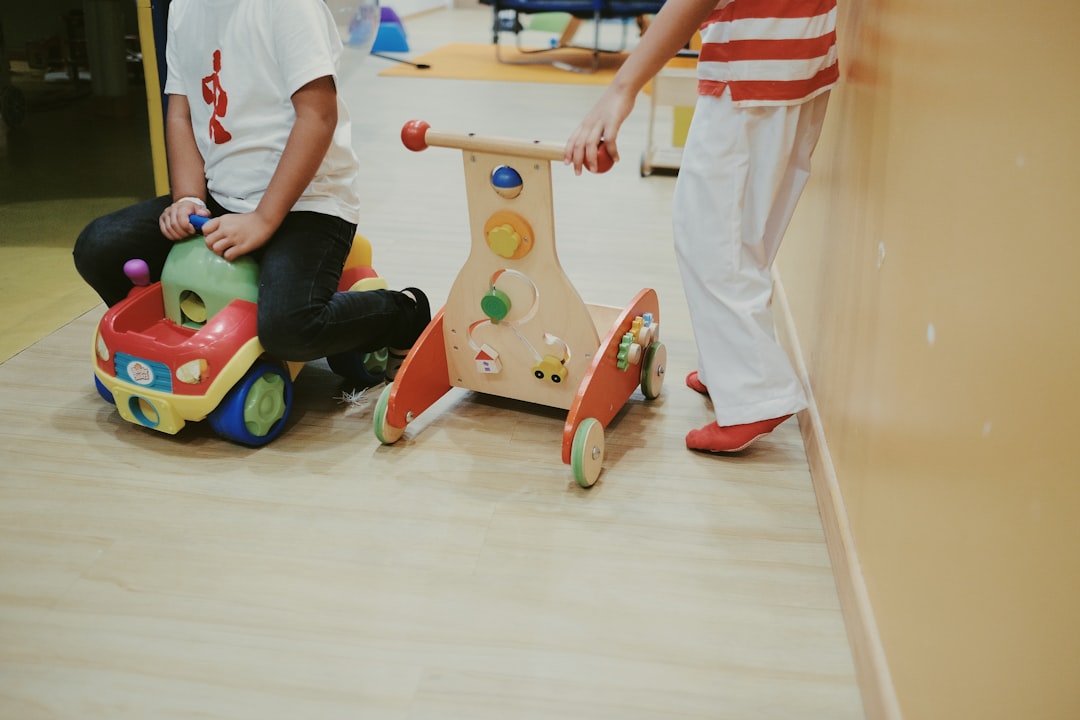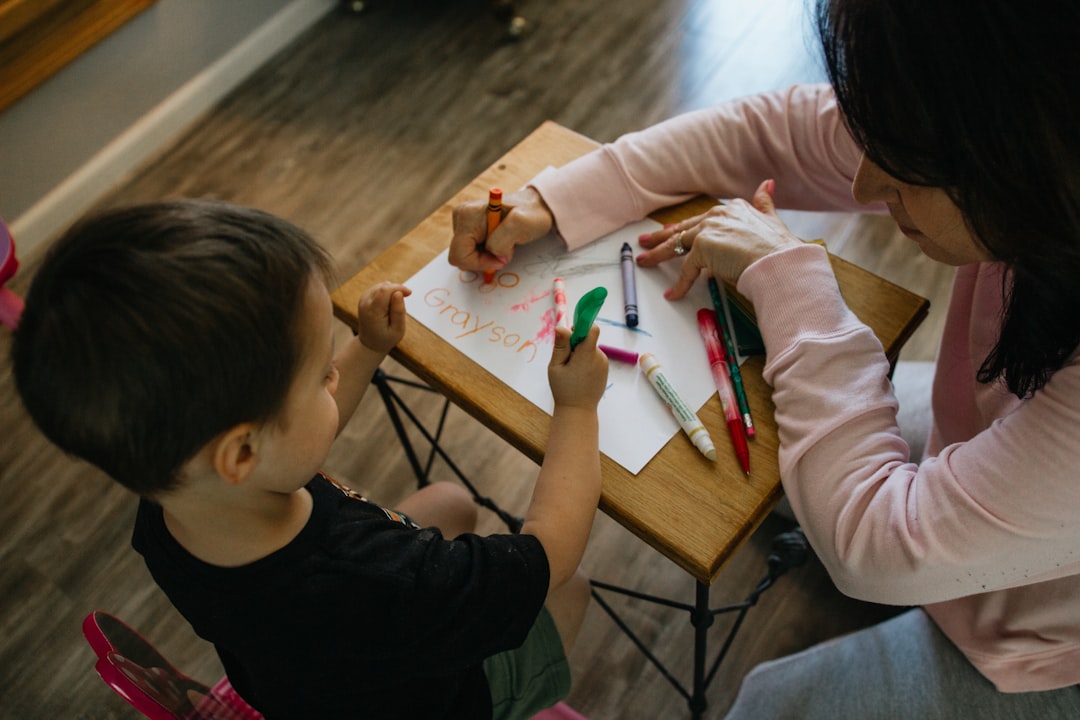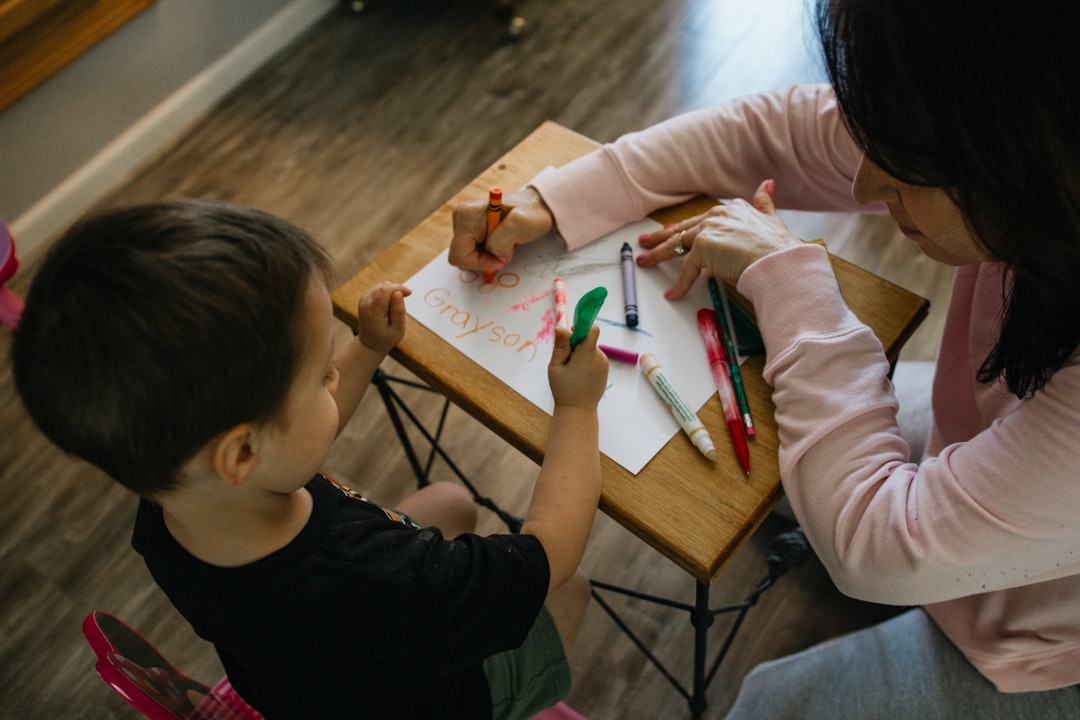In New Jersey, ensuring the safety and well-being of children in daycare settings is paramount. This comprehensive guide aims to shed light on the critical aspects of protecting our youngest ones from potential harm. We explore New Jersey’s daycare regulations and standards, empowering parents to identify signs of abuse or neglect. Understanding the legal framework empowers you to hold daycare facilities accountable. Additionally, we provide resources for families affected by daycare abuse, offering support and guidance with the help of a daycare abuse lawyer in New Jersey.
Understanding Daycare Regulations and Standards in New Jersey
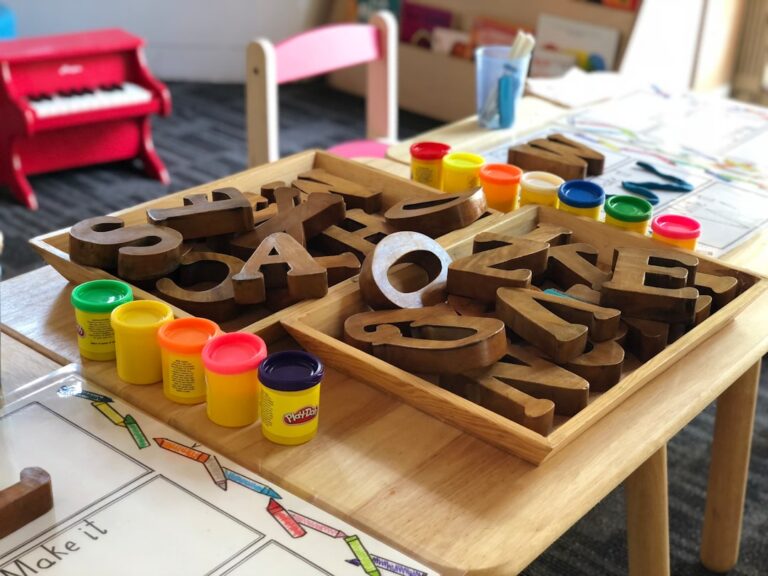
In New Jersey, understanding and adhering to daycare regulations is paramount in ensuring child safety. The state has established comprehensive standards for daycare centers, aiming to create a secure and nurturing environment for children. These standards cover various aspects, including staff-to-child ratios, education requirements for caregivers, facility maintenance, and crisis management protocols. Compliance with these regulations is mandatory, and violations can result in penalties and even license revocation.
Parents and guardians play a crucial role in this process by staying informed about their rights and the obligations of daycare providers. Should any instances of suspected abuse or neglect arise, consulting a daycare abuse lawyer in New Jersey can provide guidance and ensure legal protections are in place for the affected child. Awareness and proactive measures are key to safeguarding our youngest members of society.
Identifying Potential Signs of Daycare Abuse and Neglect
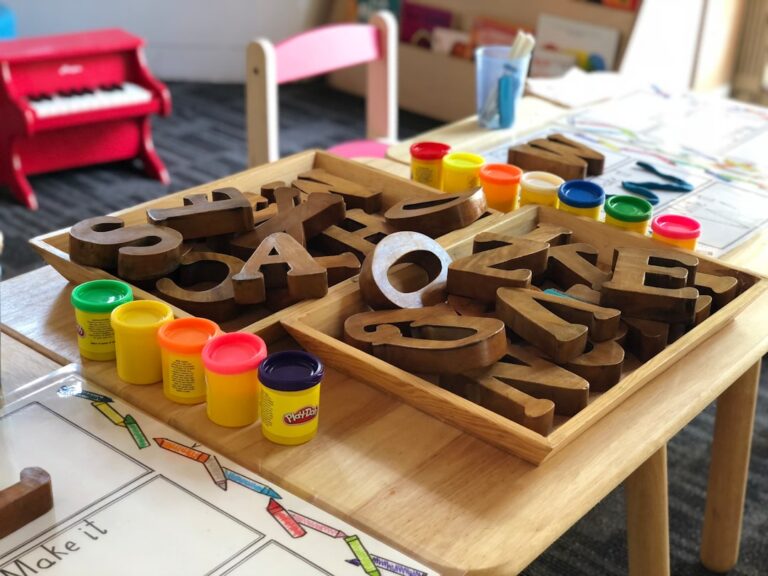
Recognizing signs of potential daycare abuse or neglect is a crucial step in protecting children’s well-being in New Jersey. Parents and caregivers must be vigilant, as these issues can sometimes go unnoticed. Be on the lookout for any unusual behavior or changes in your child’s routine. For instance, if they start exhibiting extreme fear or anxiety about attending daycare, it could indicate underlying problems.
Daycare abuse lawyer New Jersey emphasizes that other red flags include physical injuries with no apparent explanation, sudden withdrawal from social interactions, or a significant decline in academic performance. Consistently untidy or unsafe daycare environments, frequent loss of personal items, and unusual dietary restrictions are also cause for concern. Promptly addressing these signs can help ensure your child’s safety and well-being while they’re under the care of others.
The Legal Framework for Holding Daycares Accountable in NJ
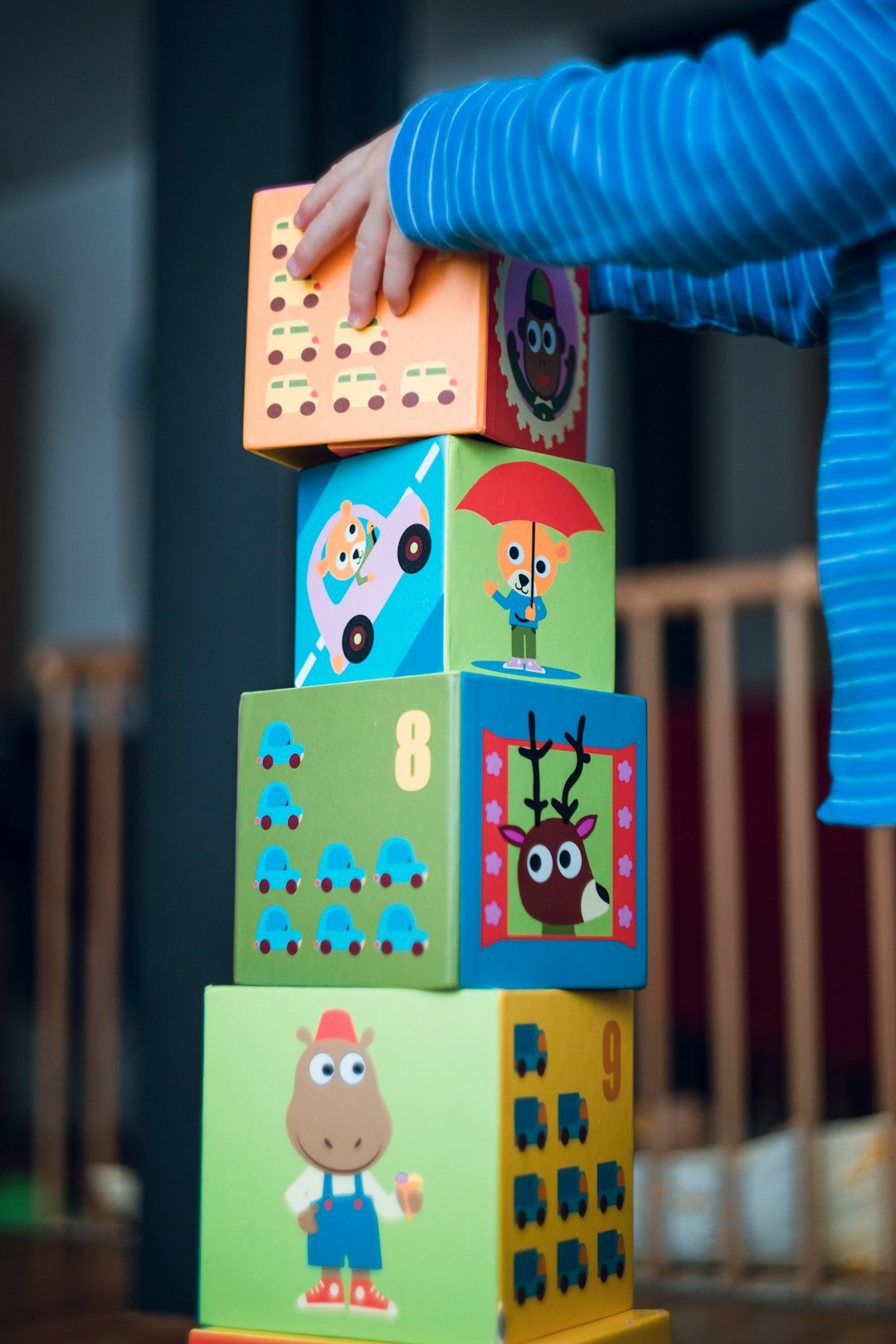
In New Jersey, the legal framework for holding daycares accountable is robust and designed to protect children. The state has stringent regulations and laws in place that govern daycare operations, aiming to ensure a safe environment for all children under their care. These regulations cover various aspects, including staff-to-child ratios, background checks for employees, and reporting requirements for any incidents of abuse or neglect. Daycare centers must adhere to these guidelines to maintain their licenses, ensuring that they meet the necessary safety standards.
If a child suffers harm while in daycare, parents have legal recourse through a daycare abuse lawyer in New Jersey. These professionals are equipped to navigate the complex legal system and help families seek justice for their children’s injuries. Daycare abuse cases often involve negligence or intentional acts of misconduct by staff members, leading to potential lawsuits against the facility. A dedicated lawyer can guide victims and their families through the process, ensuring they understand their rights and receive adequate compensation for the trauma and damages incurred.
Resources and Support for Families Affected by Daycare Harm
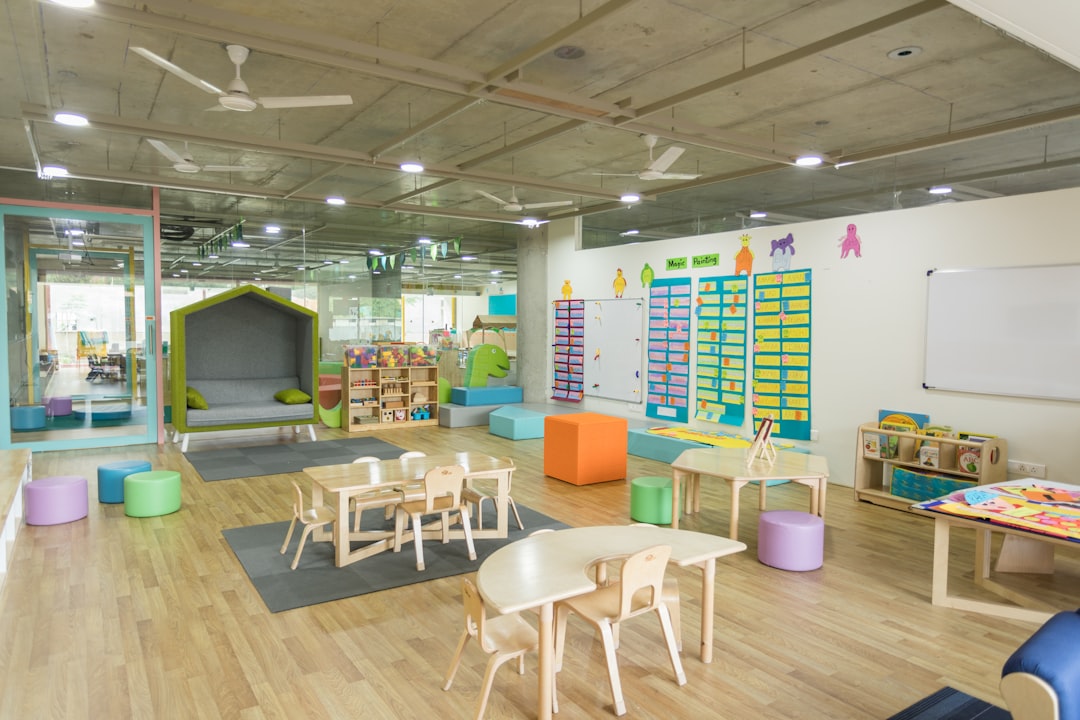
When a child suffers harm while in daycare, it can be an incredibly difficult and traumatic experience for families. In New Jersey, there are numerous resources available to support those affected by such incidents. Legal aid is accessible through specialized daycare abuse lawyers who can guide parents and guardians through the legal process and fight for justice. These lawyers have expertise in navigating complex laws and regulations related to child welfare, ensuring that the rights of both the child and the family are protected.
Support groups and counseling services are also vital for healing. Many organizations offer confidential spaces where families can share their experiences, gain emotional support, and learn from one another. Additionally, local community centers and non-profit organizations often provide financial assistance and legal advocacy to help cover costs associated with medical care and therapy. These resources empower families to take action, seek justice, and ensure that similar tragedies are prevented in the future.

